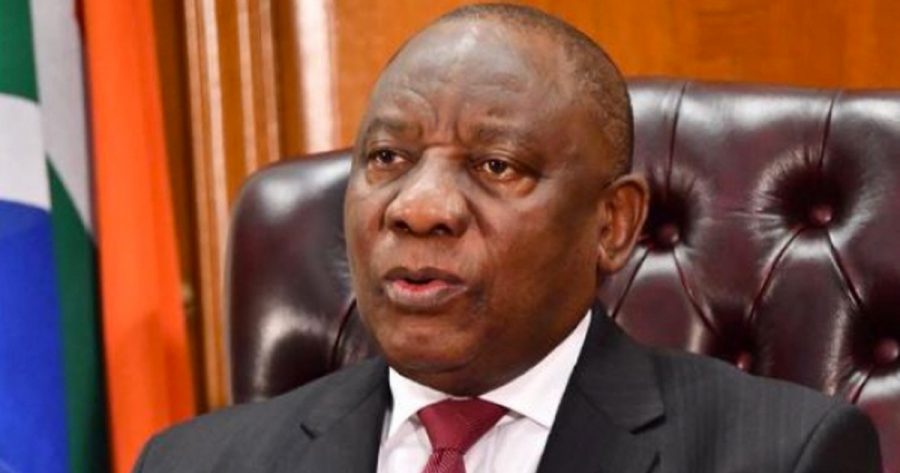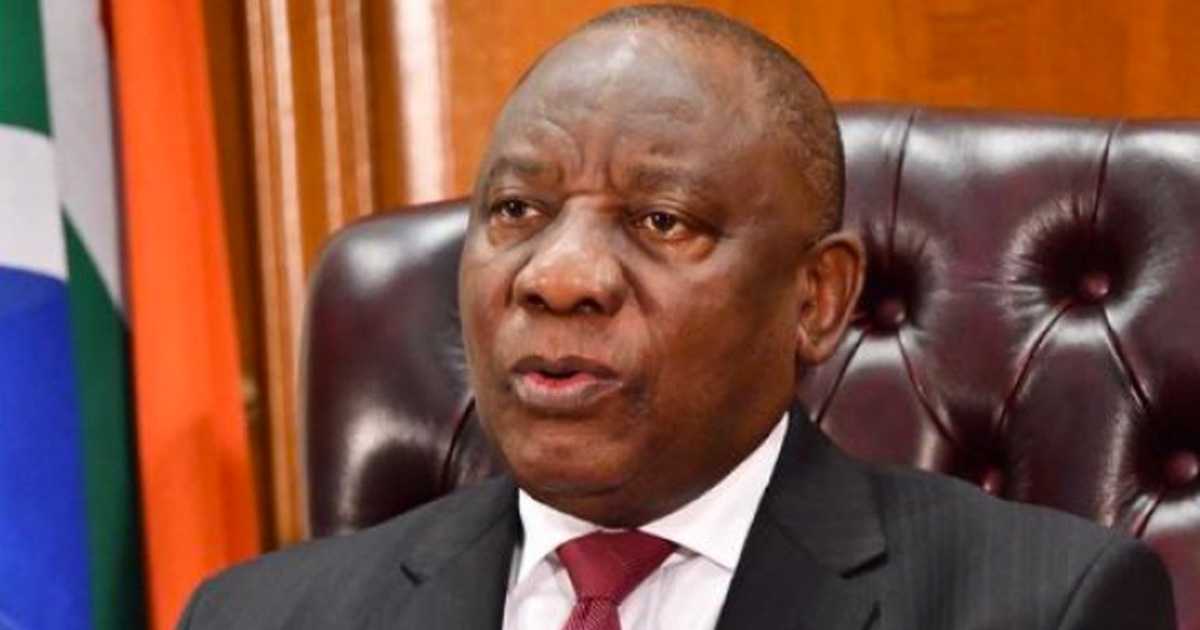
Ramaphosa: “It Won’t Take South Africa Long to Recover”
President Cyril Ramaphosa says government has started a process of implementing an economic recovery plan, which is coupled with preserving the livelihoods of South Africans and saving lives… and that it won’t take long for the country to recover. The President was speaking before the National Assembly, responding to oral questions via a virtual link […]

President Cyril Ramaphosa says government has started a process of implementing an economic recovery plan, which is coupled with preserving the livelihoods of South Africans and saving lives… and that it won’t take long for the country to recover.

The President was speaking before the National Assembly, responding to oral questions via a virtual link during a hybrid sitting, for the first time since the country declared the state of national disaster.
President Ramaphosa said: “It won’t take long to recover the economic loss due to the virus and although we do not know yet what the full impact of the pandemic is, we are starting that recovery now.
“It is important that we approach through the balanced strategy that we have decided on to save lives on the one side and also to preserve livelihoods. It becomes a very delicate balance but it is a balance that has to be struck because in the end, we cannot overemphasize the one at the expense of the other,” he said.
Economic recovery in three phases
The President was responding to a question from ANC MP Lusizo Makhubele-Mashele, who had asked what measures were in place to accelerate the recovery of the economy, as well as how he was coordinating the economic recovery in Africa as the chair of the African Union.
President Ramaphosa said government’s economic response could be divided into three phases:
The first phase, which began in mid-March when government declared the state of national disaster, included a broad range of measures to mitigate the effects of the pandemic on business, communities and individuals. This included tax relief, disaster relief funds, emergency procurement services, wage support through the Unemployment Insurance Fund (UIF) and SME funding.
The second phase, the President said, included a R500 billion social relief package, which came with the unemployment grant of R350 and a loan guarantee scheme worth R200 billion to support SMEs. He said the R500 billion package is worth around 10% to 12% of gross domestic product (GDP).
The third phase will be a comprehensive economic support strategy aimed at driving the recovery of the economy to ensure it emerges from the pandemic.
The President said part of the strategy will be to expand public employment and to increase investment in public infrastructure and services, and in the process, enable an environment for the private sector to create jobs.
“Next week, the Presidency will be convening the Sustainable Infrastructure Development Symposium, which will bring together funders, policymakers, State-owned enterprises, academic and private sector people to look at the investment opportunities in infrastructure.
“We should see infrastructure investment as a mobiliser of growth and we want to source significant investment from a number of sources – both private and public – and we see this as a significant part of the stimulus that the economy needs.
“This pandemic has highlighted the importance of the informal sector, as well as of small businesses in meeting the basic needs of our people. These informal sectors, which others describe as a secondary economy, in many ways, have come to the fore in supporting the lives and livelihoods of people during lockdown, and we now have a much better view of the landscape of the small and medium enterprise sector and the more informal part of it,” he said.
The President said government will implement key reforms that support long-term growth, including measures to support the building of energy capacity, improving ports capacity and the licensing of high demand spectrum. – SAnews.gov.za
